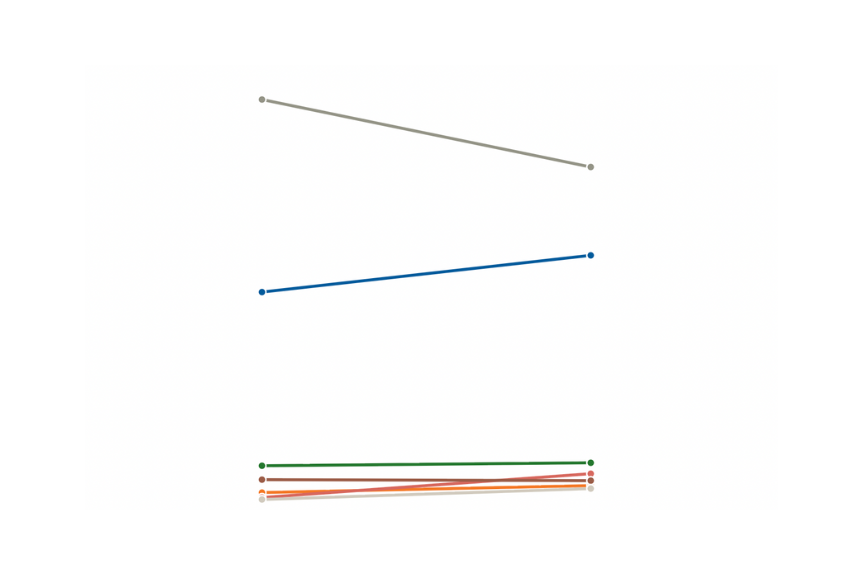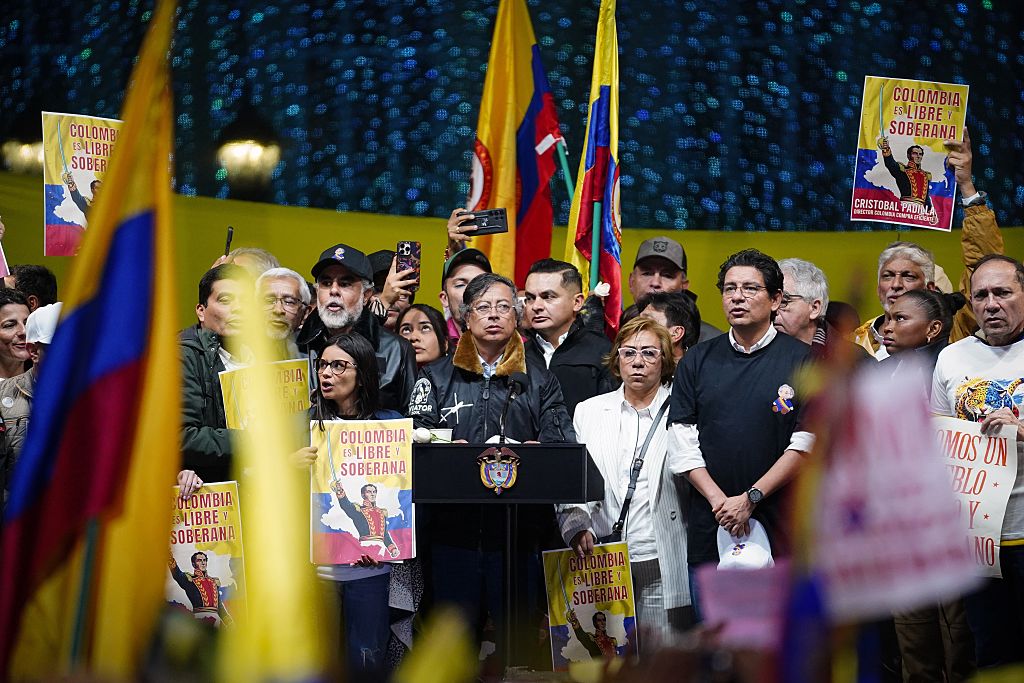The Honduran Half Step
The Honduran Half Step
Negotiators for deposed Honduran leader Manuel Zelaya and the interim government continue the slow march toward ending the political standoff. The two sides have exchanged proposals to resolve the sticky question of Zelaya's return to power. Meanwhile, the clock keeps ticking down to November presidential elections.
Talks continue in Honduras between negotiators of deposed leader Manuel Zelaya and the interim government of Roberto Micheletti. Last week, Zelaya’s representatives indicated an accord needed little more than dotted i’s and crossed t’s. Then hope waned as Micheletti’s negotiators said no deal had been reached. Still, both sides indicate the talks have produced measurable progress. After the October 14 round, representative said dialogue had advanced by 90 percent. A day later, the figure advanced another 5 percent. The sticking point? Whether Zelaya should be allowed to serve out the rest of his term. Each side has put forth its own proposal of how to resolve the standoff.
It’s been nearly four months since the military forced Zelaya to leave the country in his pajamas. Wednesday marks a month since the overthrown leader snuck back to Tegucigalpa and took up residence on a couch in the Brazilian Embassy. In the meantime, the clock keeps ticking down to the November 29 presidential elections. Some suggest letting the clock run down is Micheletti’s goal. With time passing and concerns about maintaining his support base, Zelaya keeps moving forward the cut-off date for an agreement.
While presenting his latest deadline of October 19, Zelaya rejected a proposal by the Micheletti government suggesting the Honduran Supreme Court should decide whether the ousted leader returns to office. His negotiator Victor Meza called the idea “absurd,” given that the Court ordered Zelaya out of office. Instead, Zelaya made a counterproposal with a recommendation for the National Congress to decide.
Whatever the outcome, the international community will be keeping a watchful eye on developments. The United Nations dispatched an Organization of American States delegation to Honduras October 18 to start a three-week investigation into post-coup human rights abuses. Within a day, Micheletti at last made good on an October 5 promise to reverse a decree restricting protests and opposition media.
Over the weekend, members of the Bolivarian Alliance for the Peoples of the Americas met in Cochabamba, Bolivia, and reiterated that they would not recognize Honduran election results without Zelaya’s restitution. Many other countries in the Americas, including the United States, have made similar declarations. However, in The Washington Post, former U.S. Secretary of State James Baker III argues that recognizing the elections either way offers the chance for a peaceful exit to the lengthy crisis.
Learn more:
- Access AS/COA coverage of the crisis on the Honduras Resource page.
- “World Cup Helps to Explain Latin America: Honduras Results Muddle Negotiations; Argentina's Win Provokes Maradona's Reaction,” by Eric Farnsworth, AQ blog, October 16.
- “Deal or No Deal?” by Christopher Sabatini, AQ blog, October 15.
- The Zelaya proposal to resolve the matter of his restoration to power.
- The interim government’s proposal regarding Zelaya’s return.
- The Wall Street Journal's interactive timeline of the events leading up to the June 28 coup and up through Zelaya's September 21 return to Honduras.








